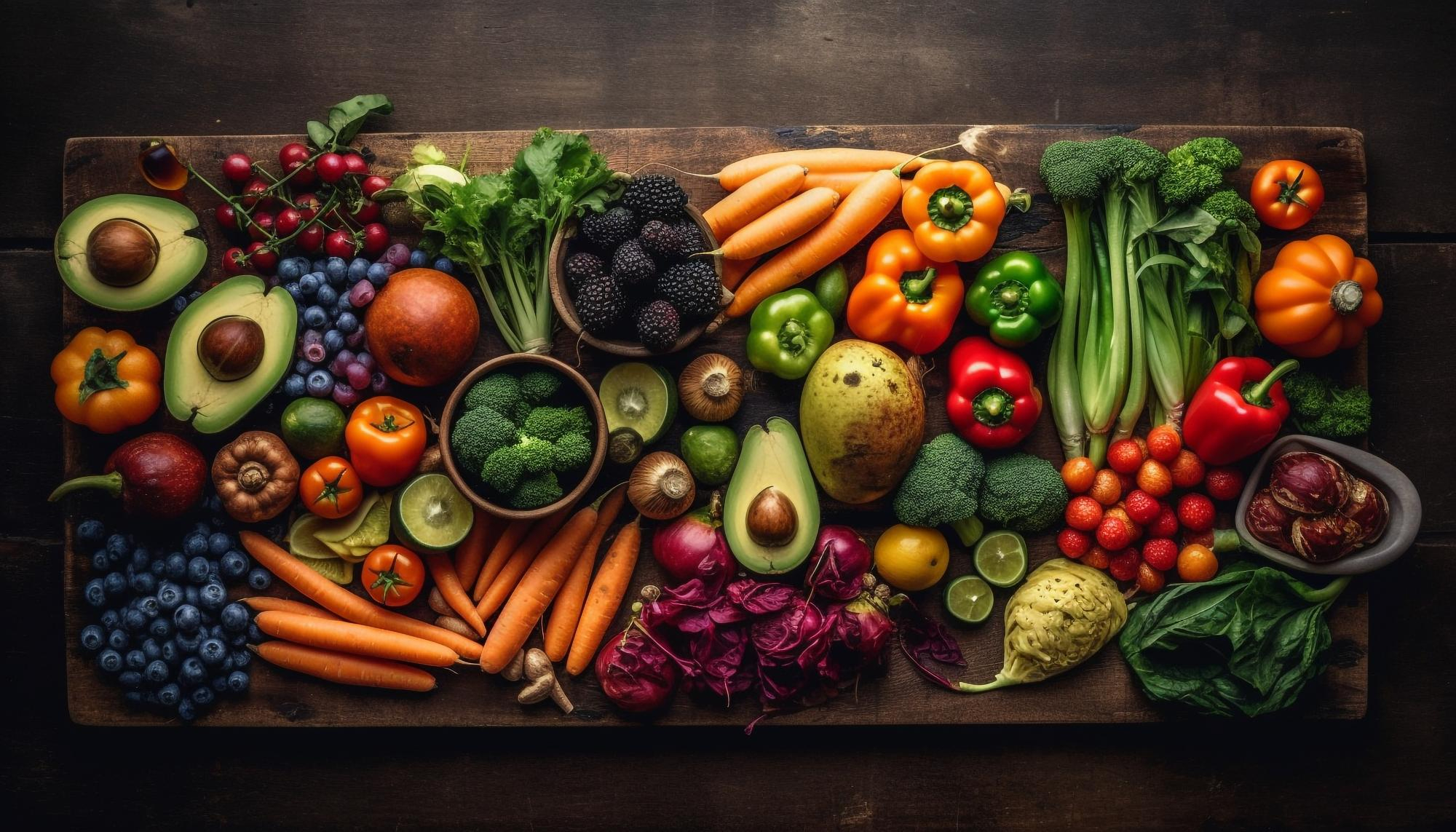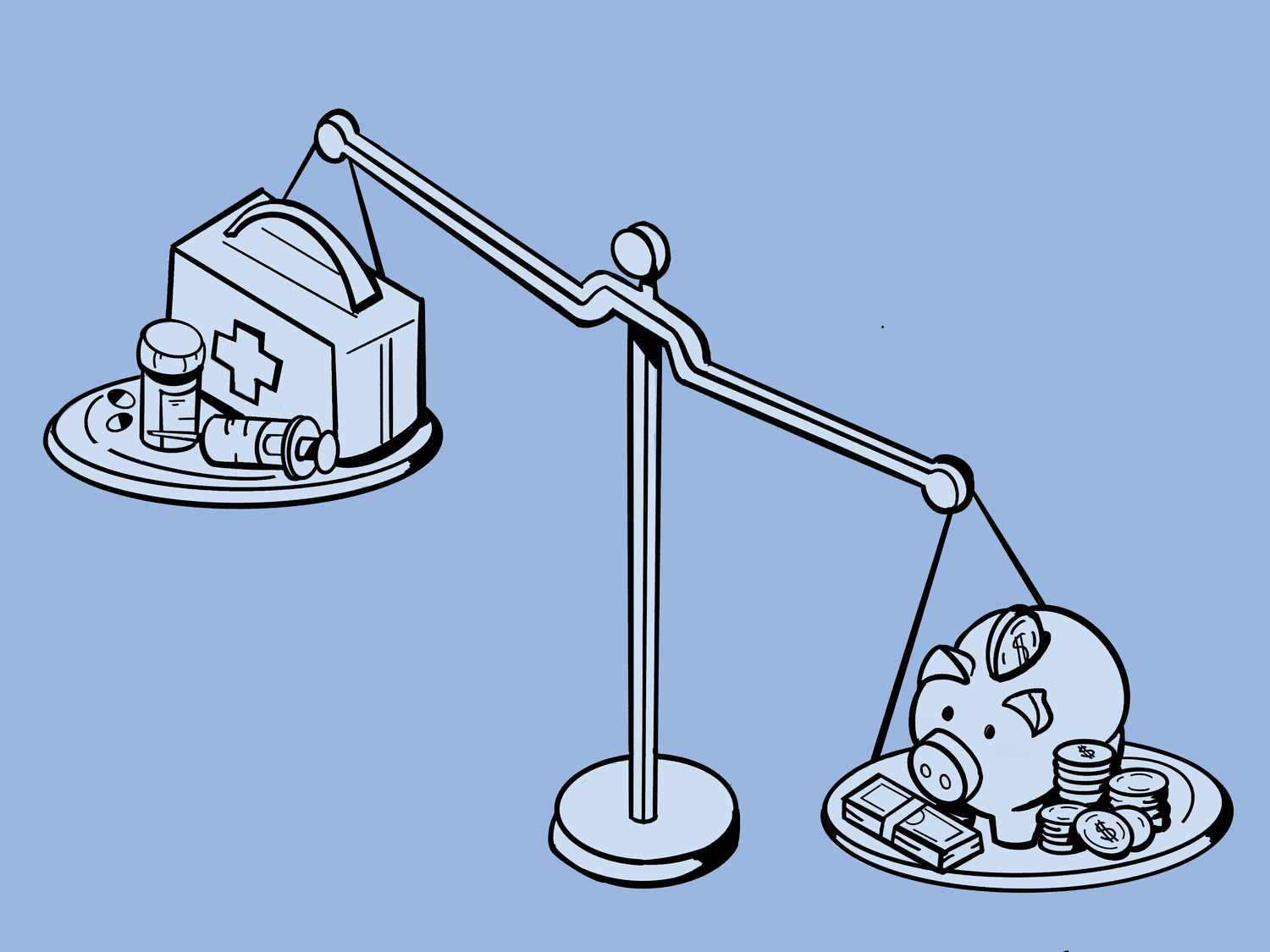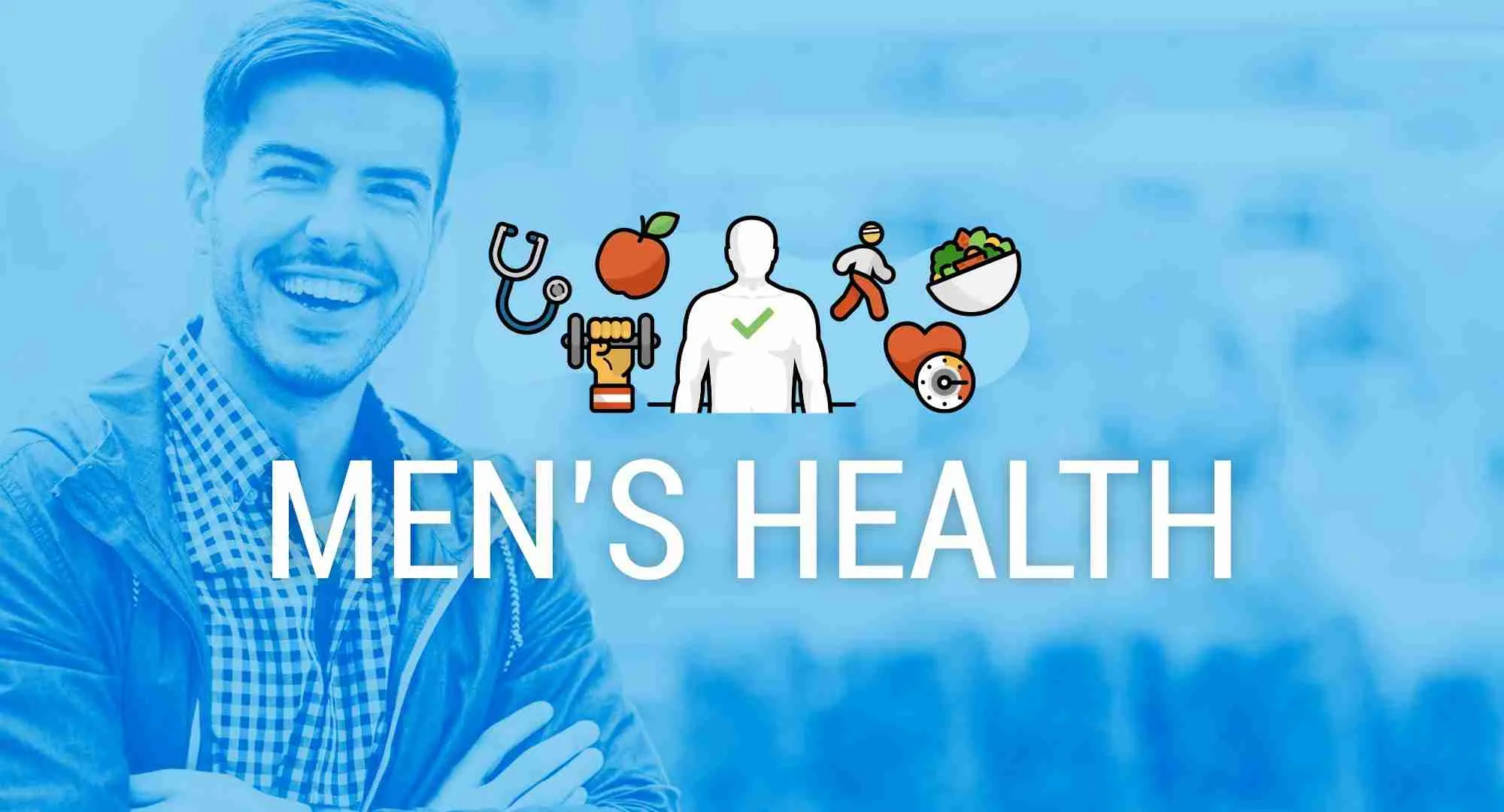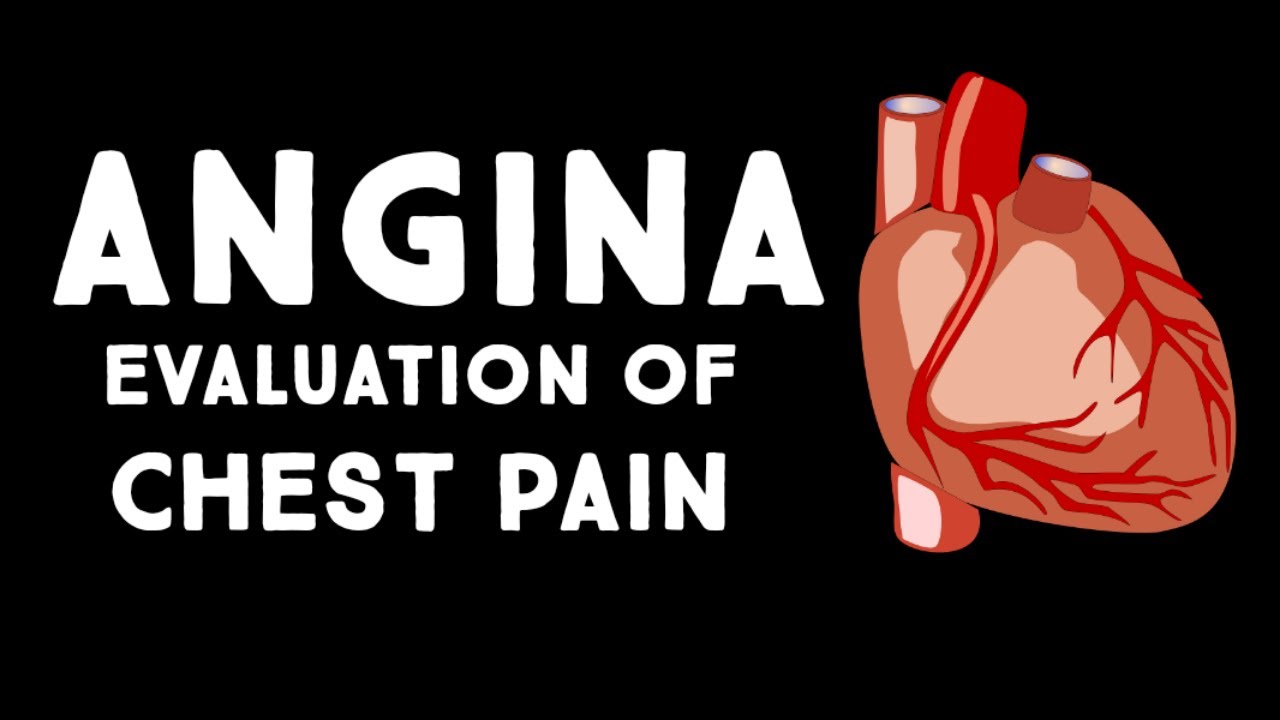A healthy diet is essential for good health and well-being. It provides your body with the nutrients it needs to function properly. A balanced diet includes a variety of foods from all food groups.
Key Nutrients
- Carbohydrates: Provide energy for the body. Complex carbohydrates, found in whole grains, fruits, and vegetables, are healthier than simple carbohydrates found in processed foods.
- Protein: Builds and repairs tissues. Complete proteins, found in meat, poultry, fish, eggs, and dairy products, contain all nine essential amino acids.
- Fats: Provide energy and help absorb vitamins. Healthy fats, found in nuts, seeds, and avocados, are better for you than unhealthy fats found in processed foods.
- Vitamins and minerals: These essential nutrients help regulate various bodily functions. They can be found in a variety of foods, including fruits, vegetables, whole grains, and lean proteins.
Healthy Eating Tips
- Eat a variety of foods: Include foods from all food groups in your diet.
- Choose whole grains: Opt for whole grains over refined grains.
- Eat plenty of fruits and vegetables: Aim for at least five servings per day.
- Choose lean proteins: Limit your intake of red meat and processed meats.
- Limit unhealthy fats: Reduce your intake of saturated and trans fats.
- Control portion sizes: Be mindful of portion sizes to avoid overeating.
- Stay hydrated: Drink plenty of water throughout the day.
Healthy Diet Examples
- Breakfast: Oatmeal with fruit and nuts, Greek yogurt with berries, or whole-grain toast with avocado and eggs.
- Lunch: Salad with grilled chicken or fish, a sandwich on whole-grain bread, or a bowl of lentil soup.
- Dinner: Grilled salmon with roasted vegetables, chicken stir-fry, or pasta with tomato sauce and vegetables.
- Snacks: Fruit, vegetables, nuts, or yogurt.
A healthy diet can help you maintain a healthy weight, reduce your risk of chronic diseases, and improve your overall well-being. Consult with a healthcare professional or registered dietitian for personalized dietary advice.



